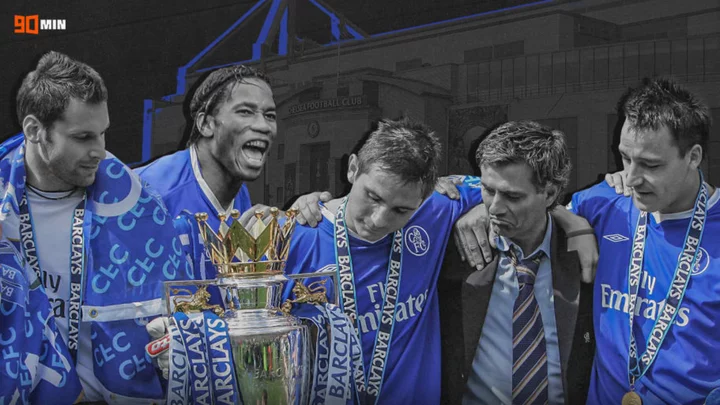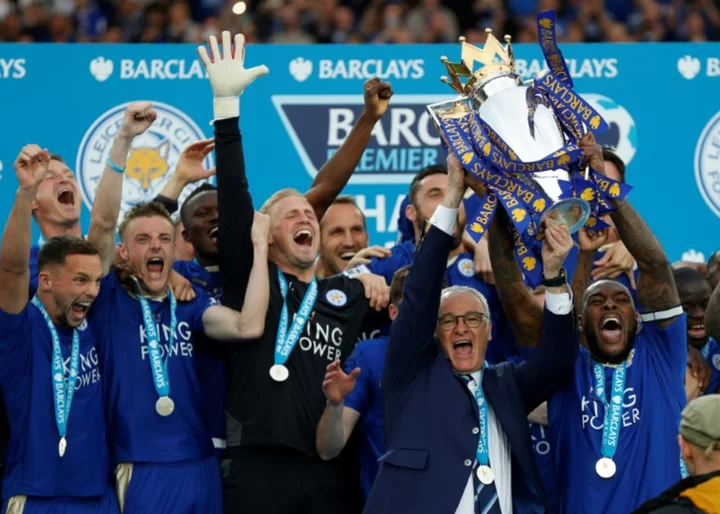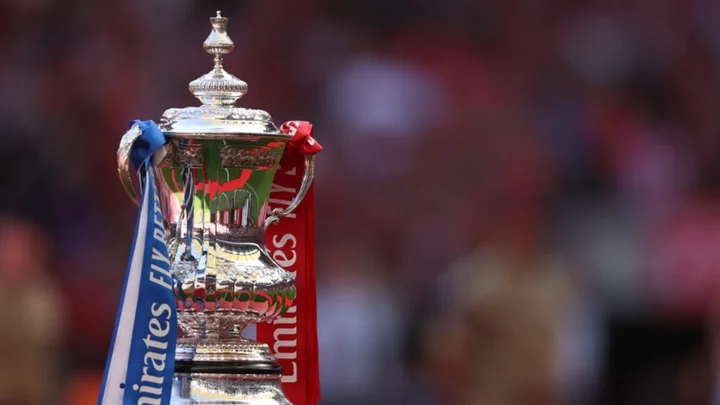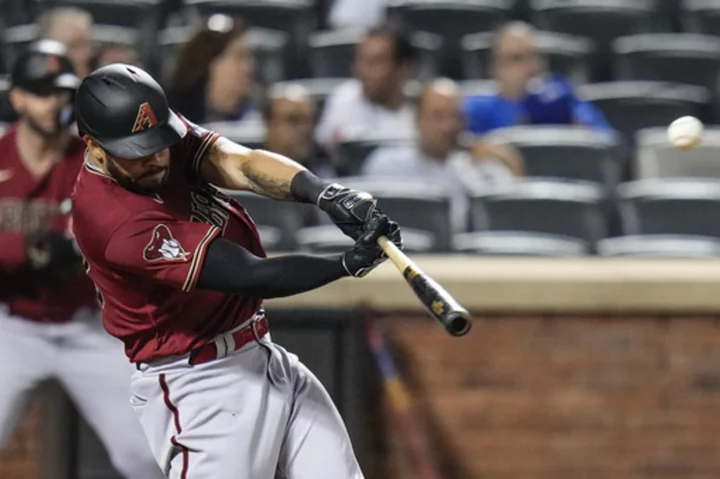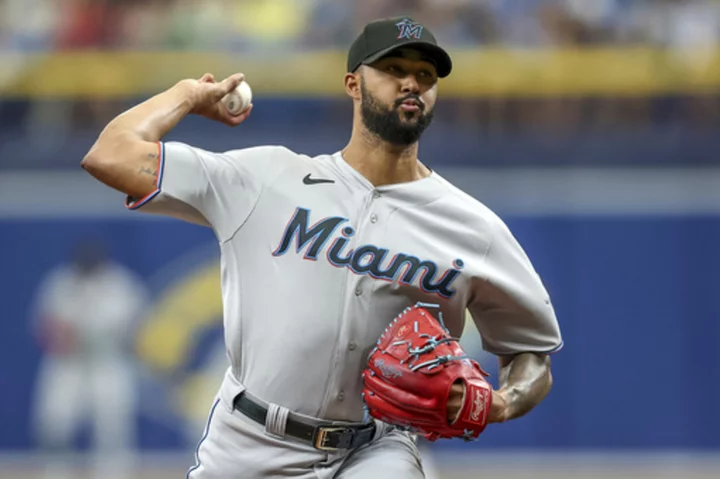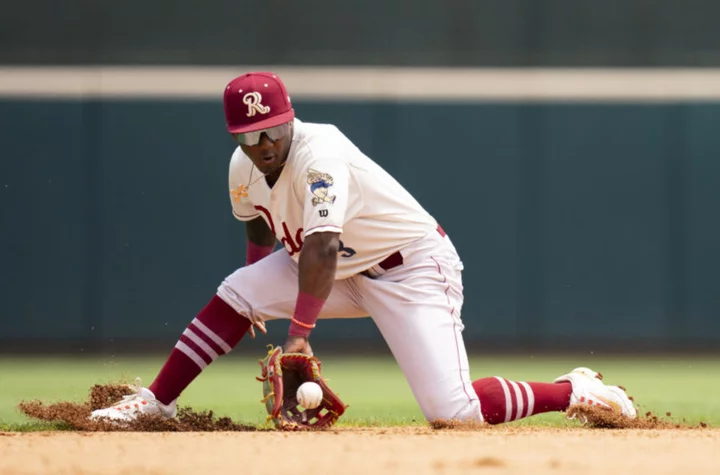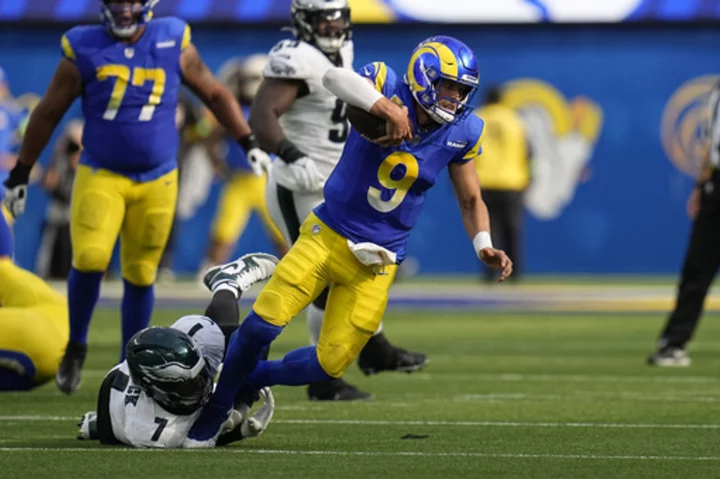Roman Abramovich enjoyed his first year as Chelsea owner. The Blues climbed up to second in the Premier League table, but watched on as a certain set of Invincibles led Arsenal to the ultimate glory.
A spend of well over £100m had forced Chelsea into the debate for London's superior side, but there was still a bridge left to cross, and so Abramovich bankrolled another seismic spending spree and put the team under the stewardship of Jose Mourinho.
In came Petr Cech, Didier Drogba, Ricardo Carvalho, Arjen Robben, Paulo Ferreira...and the keys to London as well.
Breaking records under Mourinho
Chelsea had just watched Arsenal go an entire campaign without losing a single game. The Gunners had earned immortality and, to this day, are widely heralded as one of the strongest teams in the history of the Premier League.
Abramovich was not content with winning. Instead, he wanted to lead Chelsea to their own spot on the Pantheon. He threw money at his Blues with reckless abandon, overthrowing the squad and giving the beloved Claudio Ranieri his marching orders too.
In came the new superstar in management. Jose Mourinho had just stunned the world by leading Porto to European glory, and if he could do that with limited resources available to him, imagine what Mourinho could do with the riches of Chelsea under his feet.
"Beautiful blue chair, the UEFA Champions League trophy, God, and after God, me," Mourinho declared in his first press conference. "Please do not call me arrogant because what I'm saying is true: I'm European champion, so I'm not one out of the bottle; I think I'm a special one."
Many laughed, but they wouldn't be laughing for long. Chelsea won the Premier League title in Mourinho's first season in charge, breaking records for the fewest goals conceded (15), most clean sheets (24) and most wins (29) in the process. To this day, only the record for most victories has fallen.
Sure, Arsenal may have gone unbeaten just 12 months prior, but people were talking about this Chelsea side now. After all, they'd recorded more points than The Invincibles, won more games, conceded fewer goals and only fallen short of their goals scored total by one.
London's greatest ever?
The debate was quickly sparked. Were Arsenal's Invincibles better than Chelsea's record breakers?
There's no denying that going unbeaten sounds like the better accomplishment, but let's just break it down. Arsenal won 26 games compared to Chelsea's 29. Arsenal drew 12 games compared to Chelsea's eight. Arsenal picked up 90 points compared to Chelsea's 95.
Away from the Premier League, Chelsea reached the Champions League semi-final and won the League Cup. They made it further than the Invincibles in both competitions, although Arsenal did make it two rounds deeper into the FA Cup.
The Gunners did lose six games in all competitions in 2003/04 - the exact same as Chelsea in 2004/05. Had Nicolas Anelka not scored the penalty that handed Chelsea their only league defeat that season, this wouldn't even be a debate. Mourinho's first Blues side were a different animal and deserve their place at the top of London's prestigious mountain.
Maintaining the dominance
A Community Shield victory over Arsenal kicked off a 2005/06 season which also yielded a 1-0 win over the Gunners in just the second week of the campaign. Chelsea had sent an early message, reminding the world who London's finest side were.
Another league title followed, with Arsenal only scraping fourth spot ahead of Tottenham Hotspur on the final day of the season.
Manchester United may have wrestled back control of the Premier League in 2006/07, but second-placed Chelsea were still keen to make a statement. Mourinho's side won the FA Cup and League Cup and reached the semi-final of the Champions League - clear proof that they were the only London side worthy of a place among football's elite at the time.
Even when it's bad, it's good
The wheels fell off the Mourinho express in 2007/08, and it looked like Abramovich's fun with his expensive chew toy could be coming to an end.
Mourinho departed in September and in came Avram Grant, a director at Stamford Bridge and, perhaps more importantly, a close friend of Abramovich.
It was a move which was laughed off by many. After all, Grant's only managerial experience had come in his native Israel and with the national team. How was this guy supposed to follow Mourinho?
Chelsea's 2007/08 season ended up being one of the most mind-blowing campaign in history. They finished second in the Premier League, second in the League Cup and second in the Champions League, with Manchester United pipping them to the major honours.
While Arsenal came in third that year, just two points behind Chelsea and with a 1-0 win over the Blues to their name, it became evident that Chelsea had almost moved on from the battle for supremacy in the capital. Manchester United were their biggest rivals now.
United would win the title once again in 2008/09 but Chelsea would still cling on to their elite status by lifting the FA Cup and reaching the Champions League semi-finals while going through some turmoil in the dugout. Grant had been sacked before the season began but his replacement, Luis Felipe Scolari, would only last until February. Chelsea finished the season under interim boss Guus Hiddink - the man many felt they actually wanted to replace Mourinho in the first place.
Don Carlo takes the reins
By the time the 2009/10 season arrived, Abramovich had clearly had enough of falling short. Chelsea hadn't won the title since 2006 and had gone through plenty of managers in quick succession trying to get back to their perch.
Abramovich had built a side capable of dominating London, but not England and certainly not Europe. That wasn't good enough, and so in came Carlo Ancelotti, who had two Champions League honours with AC Milan to his name.
The pressure on Ancelotti's shoulders was huge, but the Italian responded by leading Chelsea to their most successful season ever.
The Premier League, FA Cup and Community Shield all ended up in Chelsea's trophy cabinet, as did a few more division records: most goals scored (103), most goals scored at home (68) and best goal difference (+71).
It was at this point that a real gulf between Chelsea and Arsenal began to form. The Blues won 3-0 away at the Emirates in November and followed that up with a 2-0 home triumph three months later. Arsenal may have only been 11 points behind when all was said and done, but the gap felt more significant as Chelsea made sure everyone knew where London's power lay.
Chelsea were on track to win the 2010/11 title before a mid-season capitulation handed the title back to United and cost Ancelotti his job, but they were still Champions League quarter-finalists and finished three points ahead of Arsenal, coming out on top even when things were falling apart.
And speaking of falling apart...
Champions League chaos
To try and bring back the supremacy of the early Mourinho years, Abramovich went out and found Mourinho 2.0. Young Andre Villas-Boas, who had just led Porto to their own unbeaten title, was brought in but would only last a few months, with Chelsea ending up in absolute chaos.
It seemed like the door had been opened for Arsenal to reclaim their status as London's finest. Chelsea weren't even in the race for the top four as another London rival, Tottenham, threw their hat in the ring.
But, in true Chelsea fashion, the lowest of lows still brought the highest of highs. Caretaker boss Roberto Di Matteo led Chelsea to Champions League glory - a win which also bumped Tottenham out of England's final spot in next year's tournament.
Nobody cared about how they fared in the Premier League. The fact they had finished below two fellow London clubs meant nothing. They were undisputedly the best team in Europe, boasting the trophy to prove it.
It was the ultimate sign of Chelsea's dominance. They were so good that they could win without winning. They'd been worse than two London teams across the entire campaign and yet nobody even dared suggest Arsenal or even Tottenham were worthy rivals.
Di Matteo got the permanent gig as a result but would famously only make it until November, getting the boot as soon as things turned sour. Rafa Benitez arrived as interim boss, much to the frustration of most Chelsea fans.
Another crisis, was it? Nope, not at all.
Despite no stable leadership and contempt from fans towards their own manager, Chelsea were still successful. They finished third in the Premier League, ahead of both Arsenal and Tottenham, and would go on to win the Europa League. Chelsea couldn't stop excelling even when they tried.
Mourinho's return
Longing for the return of the Mourinho days, Abramovich decided the only way to emulate the success of the Portuguese tactician was to pick up the phone and bring him back.
Mourinho made it perfectly clear that Chelsea were a "little horse" in the title race. He was publicly promising his team would not win that season's title, and yet you couldn't help but feel like Chelsea were building something again...and that's because they were.
They finished third in the league and reached the Champions League semi-finals - accomplishments Mourinho was actively playing down - but all eyes were on 2014/15, when the boss predicted his side would explode back into life.
Chelsea had earned that level of patience from the football world. Had Arsenal asked for a year off in 2013, they would have been laughed out the building, but everyone wanted to see what Mourinho was cooking and believed it would be worth the wait.
The reward for waiting was a Premier League title and a League Cup - all won in no small part thanks to Arsenal's prodigal son Cesc Fabregas, who rocked up at Stamford Bridge the previous summer.
Fabregas' signing felt like another flex from Chelsea. They moved quick to land the player Arsenal built, the midfielder who cut his teeth under Wenger believing that Chelsea were the enemy. Why would he ever want to sign for Chelsea? The answer is quite simple - because they were better.
READ THE LATEST CHELSEA NEWS, TRANSFER RUMOURS & GOSSIP
This article was originally published on 90min as Chelsea 2004-2015: How the Blues took control of London.

